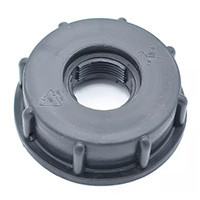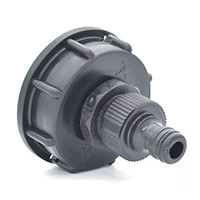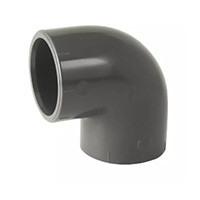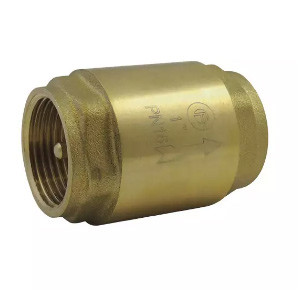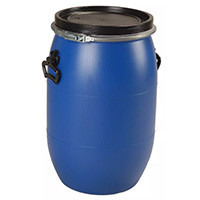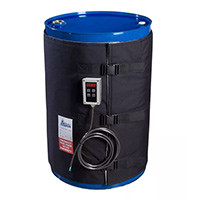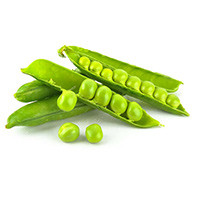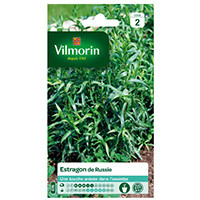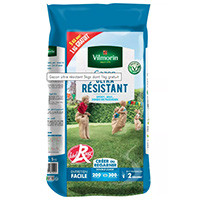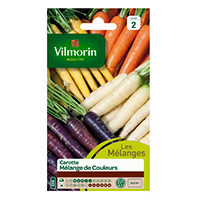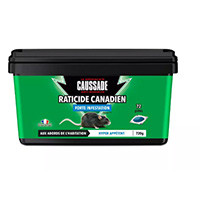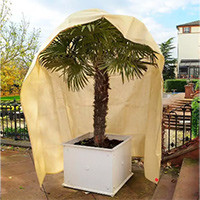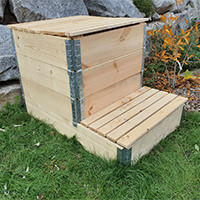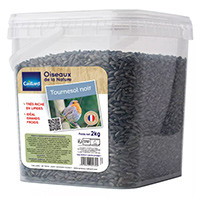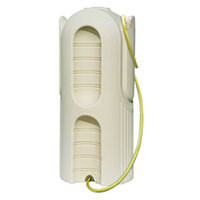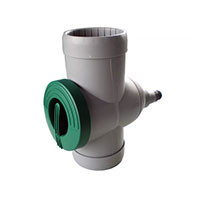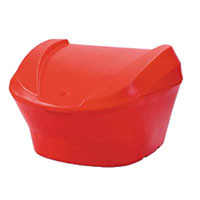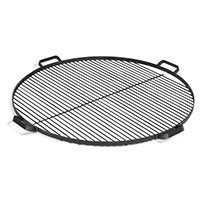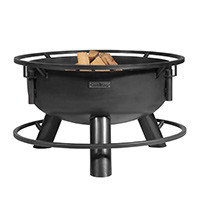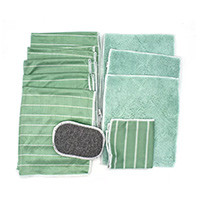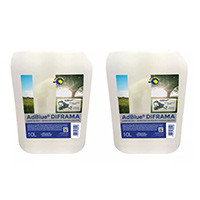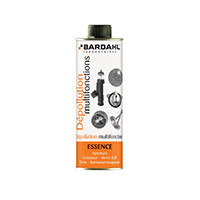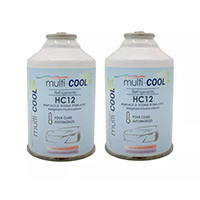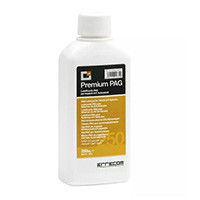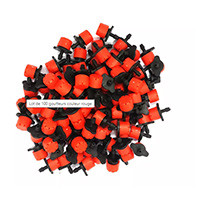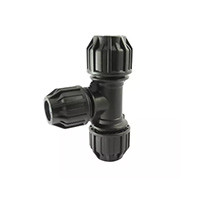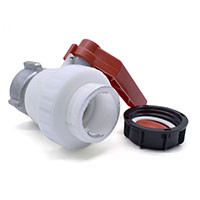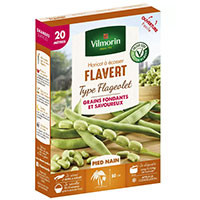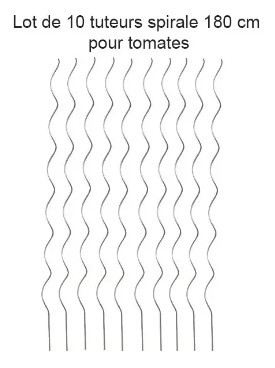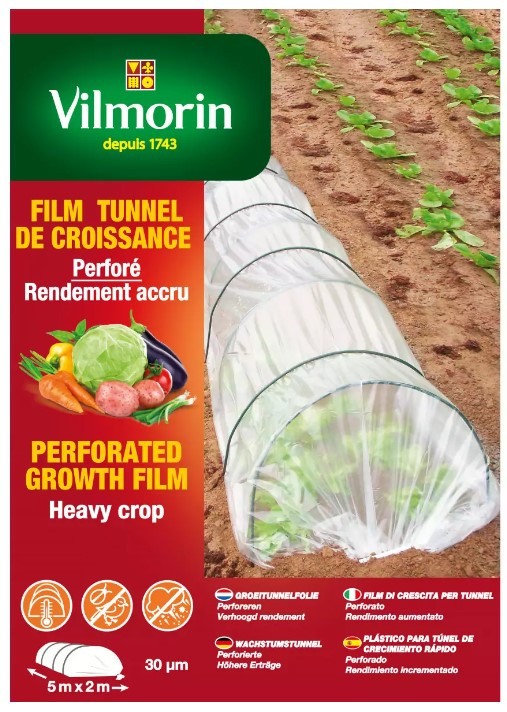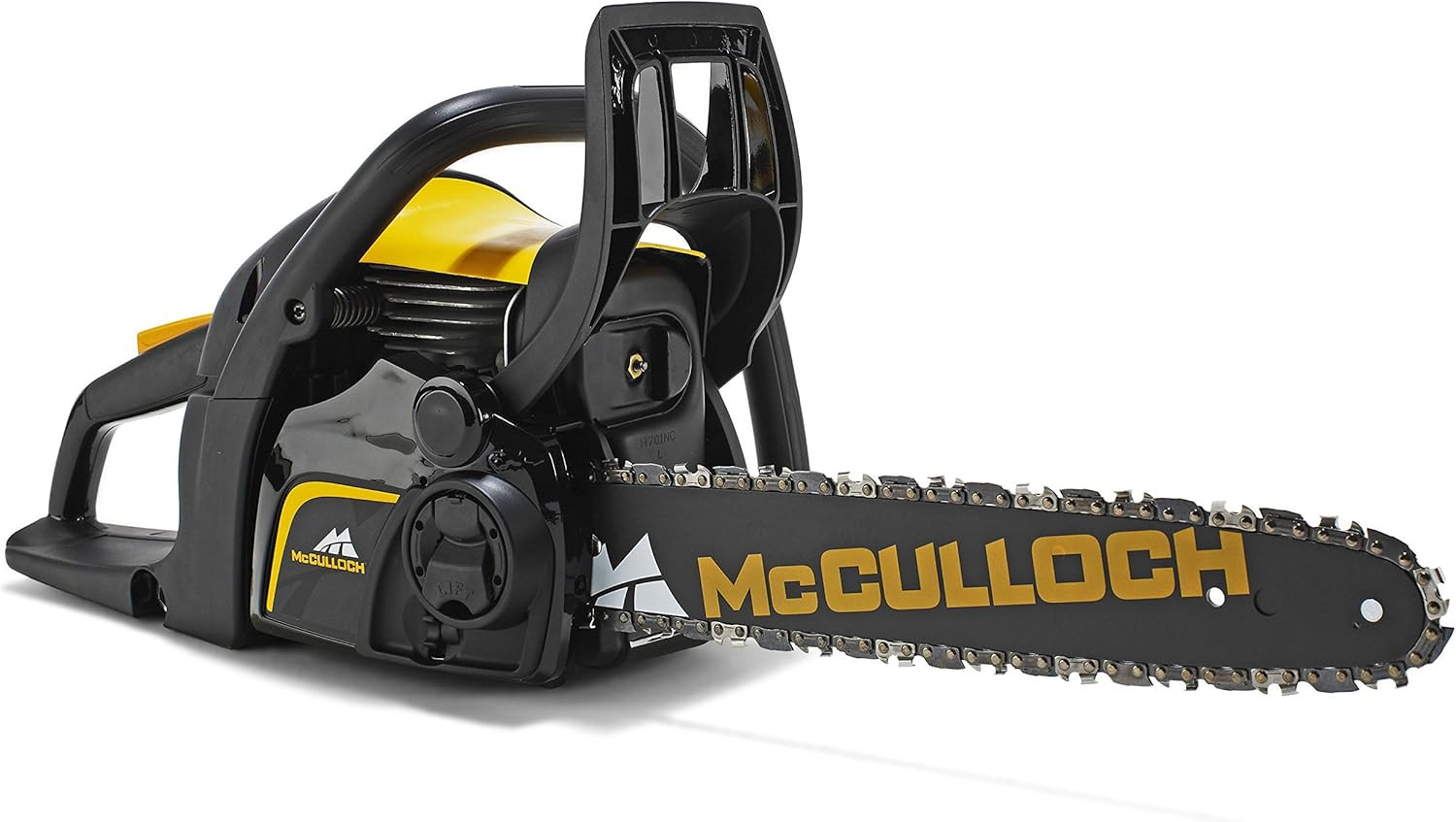
Use buckwheat as green manure!
Use buckwheat as green manure!
They are called "green manure" because they allow to fertilize a soil without having to use chemicals: zoom in on buckwheat, whose cultivation brings many benefits to vegetable crops.
Remember: what exactly is a green manure?
The phenomenon seems logical: plants take the nutrients they need from the soil, the soil is depleted from harvest to harvest. Fortunately, several types of solutions exist to combat this gradual degradation.
First, the use of mineral fertilizers containing minerals directly assimilated by plants. In their natural version (phosphate, rock powder or kieserite), they are extremely concentrated and can damage the earth in the event of an overdose. As for their synthetic version,which mostly contains 3 components (nitrogen, phosphorus and potassium), it must also be used with caution at the risk ofproducing the opposite effect to that expected... Watch out for burns!
Then,the use of organic fertilizers,of plant or animal origin and which must go through a phase of decomposition before being assimilated, thus nourishing the plants only gradually. We think for example of crushed horn, purin, seaweed juice or even ridge flour... The quality of this waste depends on how the plants/animals from which they are derived have been raised or cultivated.
And finally, the use of green manure - this is the subject of interest to us here - which are not a material that is applied but a crop that is destined not to be harvested. Whether it is buckwheat, phacelia, mustard, clover, rapeseed, rye, oats or vesce, we sow the plant on the soil we want to enrich,we wait for it to grow, then we mow it and let it decompose so that it is incorporated into the ground... A natural way to offer the latter an important contribution of organic matter!
What is buckwheat?
An annual flowering plant of the Polygonacean family, buckwheat is generally grown for its seeds, which are used in the recipe for the famous Breton patties known as "black wheat" (which have only wheat name since buckwheat is not a species of wheat and does not contain gluten) based on buckwheat flour.
With reddish, gnarled stems and heart-shaped leaves, it blooms in fragrant little bouquets of white flowers, the seeds of which are extremely rich in nutrients.
Saracen: why is it a good green manure?
The main reason buckwheat is preferred over other green manure is its speed to grow. Indeed, this plant has the peculiarity of growing very quickly,and thus smothering weeds.
The advantage is that it produces toxins that inhibit the germination and growth of other plants,and that is why it is usually used on wasteland plots: by smothering them, it will prevent weeds from invading them and bring nutrients to the ground.
When and how to sow buckwheat as green manure?
It is usually sowed in the spring or summer,after the first spring or summer harvests, so as not to leave the soil bare.
Warning: if it is quite resistant to drought, it is very afraid of frost and therefore cannot be sown too early. In other words, not until the end of the late frosts, which occur until May.
Sowing should be on the surface, on soil that is well exposed to the sun. The advantage is that buckwheat has the ability to grow on poor land, even if it is stony or sandy soil, and can be associated with other plants that grow as quickly as they do, such as mustard or phacelia.
Saracen: when should he be mowed down?
The important thing is to mow it before it gets seeded,in order to prevent it from reseeding.
After 7 to 8 weeks and once the stems are between 15 and 20 cm long, mow them and let them rest on the ground. You can also push them into them with a claw,so that they incorporate well and release their nutrients as soon as possible.
If it growsquickly, it also decomposes very quickly,bringing even the least fertile land a necessary input of humus, and this quite quickly.
What variety of buckwheat to use as green manure?
Polygonum fagopyrum esculentumis generally used, its most common form also known as "silver buckwheat" and prefer organic seeds.
Visit our website Multitanks .com to find all our green manure!
Share this content

